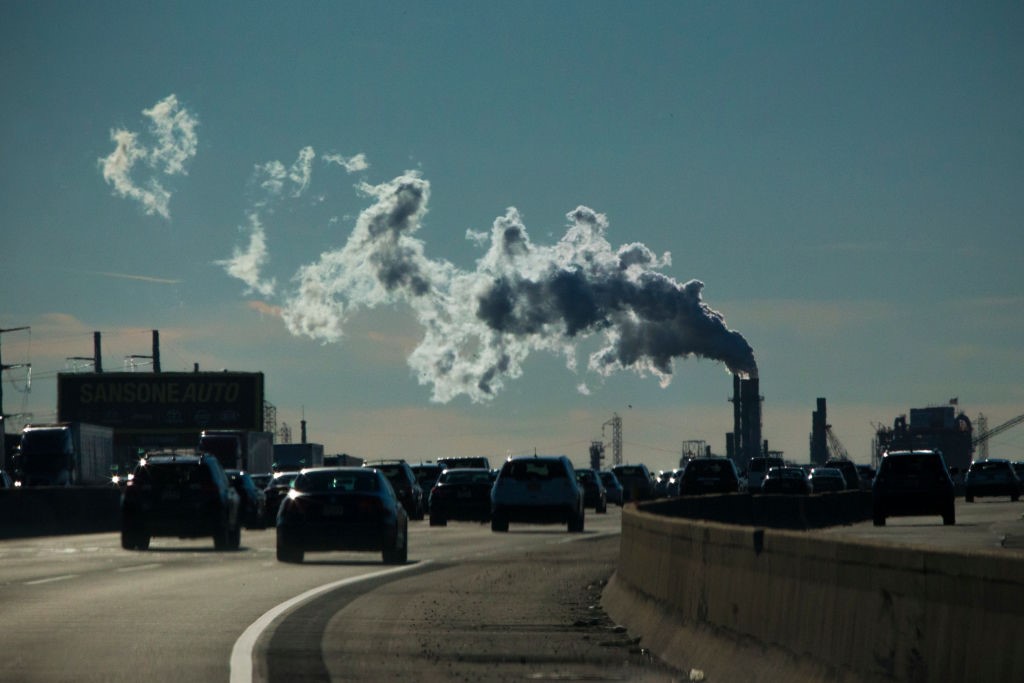August 11, 2020
DEP : It’s 2000, Work Begins on Reducing Greenhouse Gas Emissions
Among Governor Murphy’s ambitious plans to combat climate change is the goal of 100 percent clean energy by 2050. And one of the components of that plan is the reduction of greenhouse gas emissions.

In the Garden State, the leading sources of greenhouse gas emissions are transportation, electricity generation, commercial and industrial fossil fuel use and residential fossil fuel use, according to the DEP’s Air Quality, Energy and Sustainability program.
The Regional Greenhouse Gas Initiative, which the state rejoined in 2019, is working to drop the levels of greenhouse gas emissions.
New Jersey has had a long history with RGGI – as far back as 2005, when the Garden State was one of the initiative’s founding members. Though the state dropped out of the program in 2011, Governor Murphy announced a decision to return in 2018 and New Jersey formally rejoined RGGI on June 17, 2019.
And now, a look at 2000 …
At a news conference in April 2000, the DEP released an action plan to reduce greenhouse gas emissions by 3.5 percent below 1990 levels by the year 2005, making New Jersey the first state in the country to commit to a specific target for cutting these emissions.
“With many New Jerseyans concerned about a recurrence of the severe flooding we experienced last fall, I want to commend those who are committed to taking steps to assure the sustainability of our coastal and flood-prone areas, and make this state a better place to live, work and raise a family,” said then-Governor Christie Whitman.
At that time, New Jersey produced about 2 percent of the nation’s greenhouse gases, or approximately 130 million tons a year. The New Jersey Sustainability Greenhouse Gas Action Plan called for reducing emissions by about 20 million tons through initiatives in five areas: energy efficiency and conservation, pollution prevention, innovative technologies, recycling and solid waste management, and natural resource protection.
That plan intended to put New Jersey on a path to achieve levels similar to those set by the Kyoto Protocol, an international treaty adopted in 1997 in which the United States committed to a 7 percent emissions reduction below 1990 levels by 2012. Nationally, however, the issue of climate change was becoming increasingly contentious politically. Though the United States signed the Protocol during President Bill Clinton’s term, the treaty was never ratified by Congress.
###